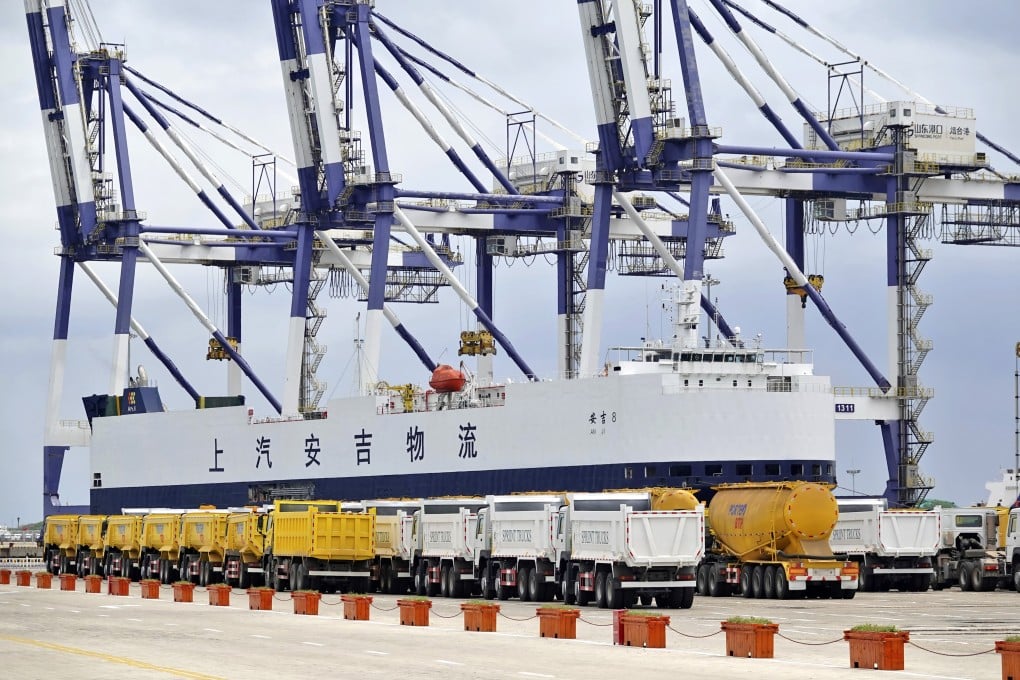The View | Why the world needs Globalisation 2.0, rather than a retreat into protectionism
- China and many other developing countries have benefited greatly from growing global interdependence, and the attempt by detractors to turn back the clock, in the name of ‘economic sovereignty’, is wrong

And that upward trend shows no sign of abating, especially in the Covid-19 era when China’s economy has recovered quickly while many other parts of the world are still battling waves of coronavirus outbreaks. The first half of 2021 saw China’s total trade volume increase by 27.1 per cent, with exports expanding 28.1 per cent and imports by 25.9 per cent.
China is also rapidly becoming a major provider of outbound investment funds, as the world’s industrial manufacturing clusters begin to move to countries with lower labour costs.
Without doubt, China’s astonishing achievement in international trade and investment over the past three decades has been one of the resounding success stories of globalisation. But this rewarding global trade environment is beginning to come under assault, posing unprecedented challenges to corporate China’s expanding trade networks.

